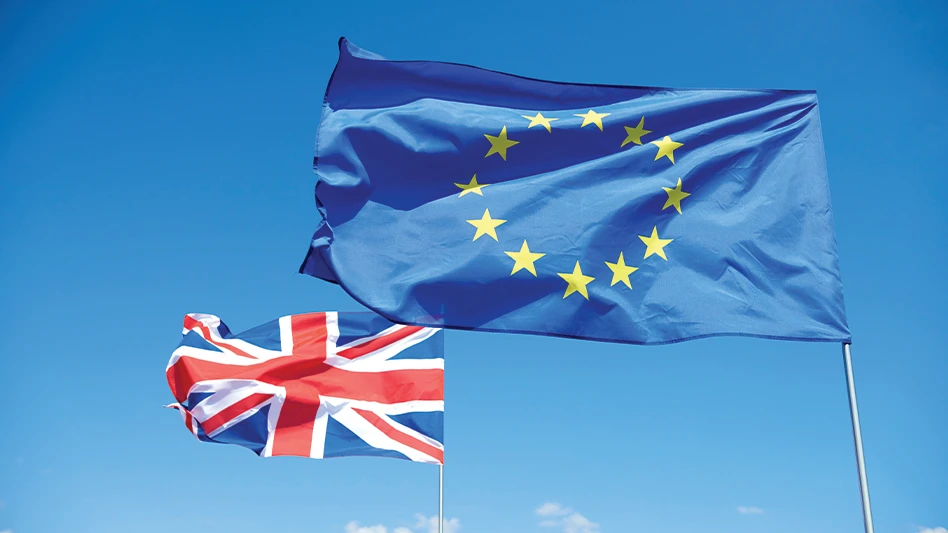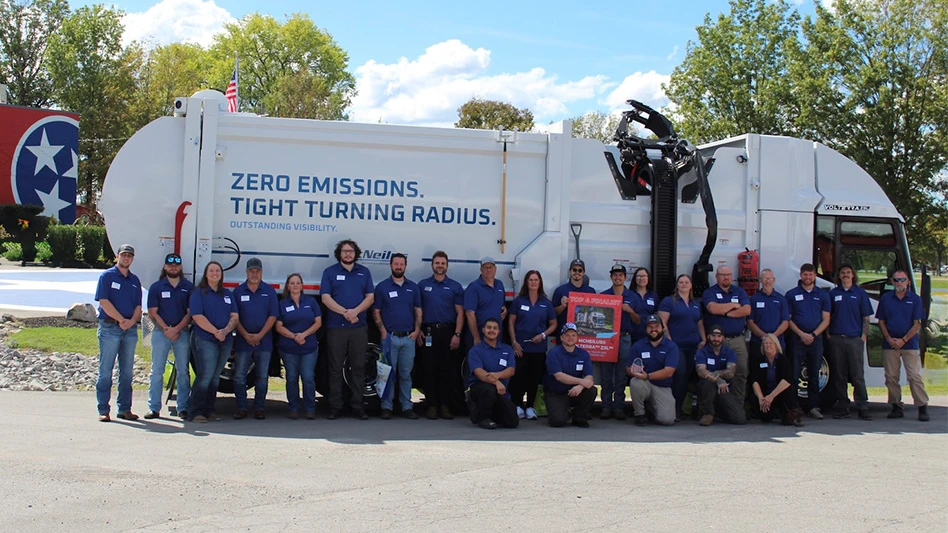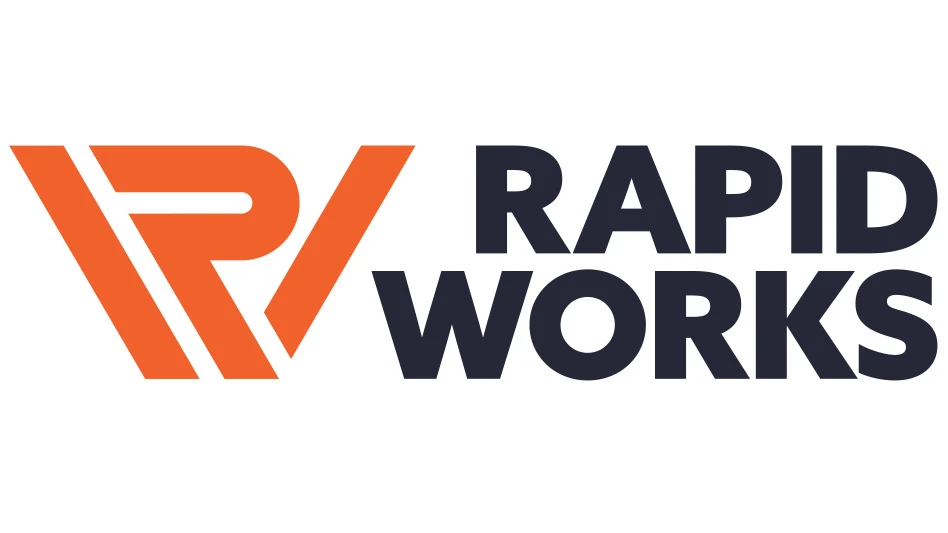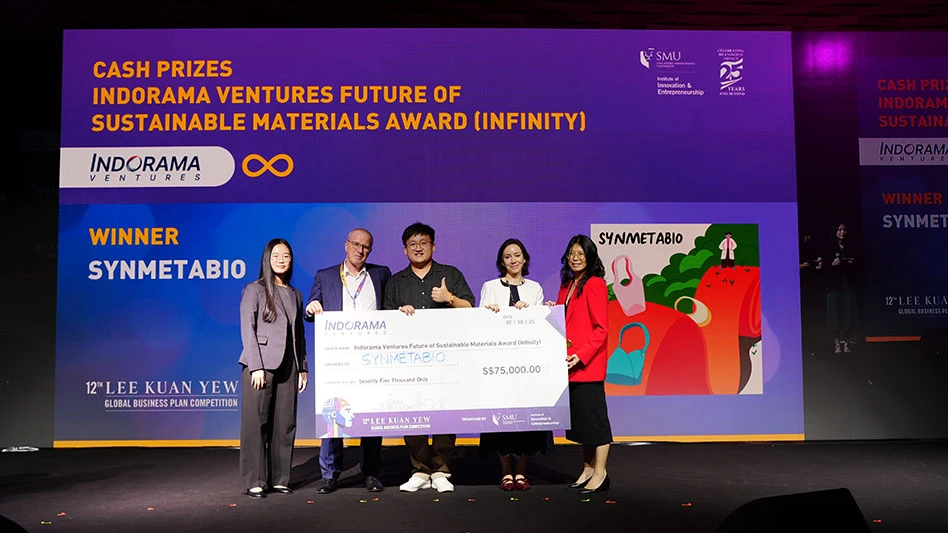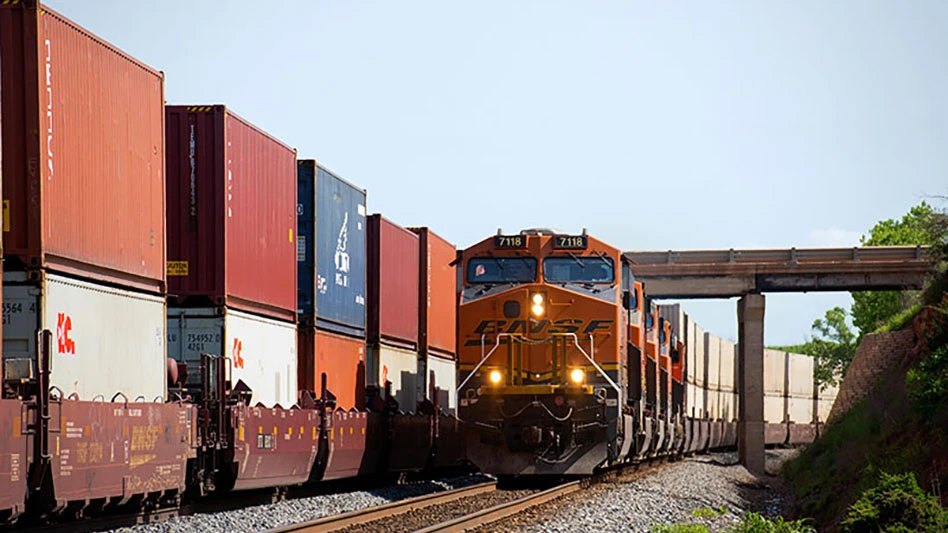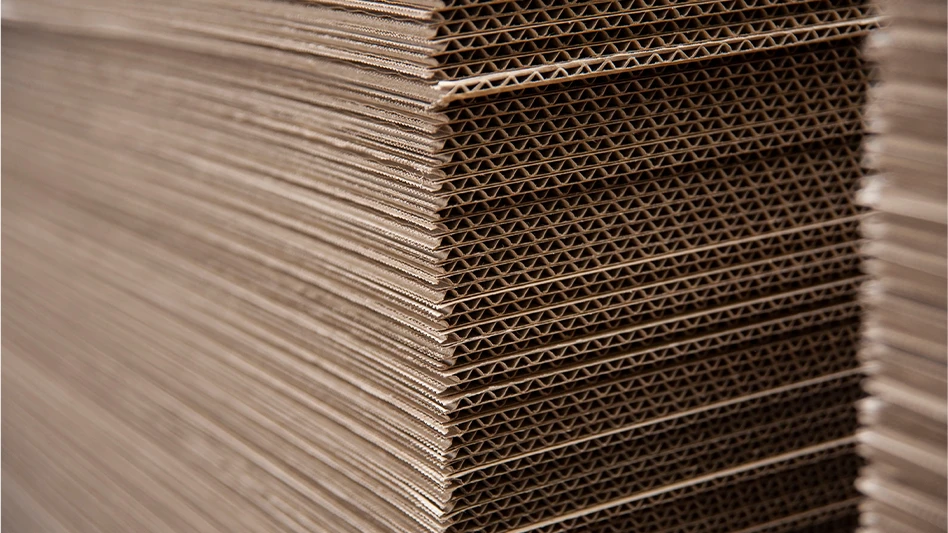
Recycling Today archives
Singapore-based lithium-ion battery (LIB) recycling startup NEU Battery Materials has raised a total of $3.7 million in an oversubscribed seed funding round led by SGInnovate, a Singapore government-backed deep tech investor and ecosystem builder. The round was joined by ComfortDelGro Ventures, Shift4Good and Paragon Ventures I, among others.
NEU Battery Materials says it is developing an electrochemical redox targeting technology for the sustainable recycling of battery materials. Its patented process requires electricity as its only consumable and utilizes regenerative chemicals to avoid toxic waste and harsh acids. The company says its process is less polluting than more commonplace methods such as hydrometallurgy and pyrometallurgy, paving the way for the wider adoption of a more sustainable way to recycle all forms of LIBs.
The company claims its technique produces battery-grade lithium which can be supplied back to battery manufacturers and is the world’s first redox targeting recycling method capable of processing lithium iron phosphate (LFP) batteries.
“This achievement fuels our ambitious growth strategy, empowering us to expand into new markets and enhance the capabilities of our Singapore facility,” NEU Battery Materials CEO Bryan Oh says. “With our advanced automated process line, we are poised to efficiently handle a greater influx of batteries from partners, further bolstering the sustainability of batteries. Together with our partners, we are driving positive change in the industry, ensuring a greener and more sustainable future for all.”
According to the company, LFP batteries alone have accounted for almost 30 percent of all new battery capacity for light-duty vehicles in 2022, lagging only behind lithium nickel manganese cobalt oxide (NMC) batteries. The LFP chemistry’s growing electric vehicle (EV) market share has been driven by demand from Chinese EV original equipment manufacturers (OEMs), which have been responsible for over 95 percent of global demand.
NEU Battery materials adds that overall industry projections across all sectors see the LIB value chain providing revenue opportunities of over $400 billion by 2030—roughly five times more than in 2022. However, waste generated by the industry also is expected to grow. It is estimated that by 2030, over 11 million tons of used batteries will become part of global waste systems.
“LFP battery recycling, when done in a sustainable manner, will be the foundation of a viable circular economy for batteries—offering new, more stable supply and revenue streams, while reducing the negative, and often unequal negative impacts of mining,” SGInnovate Executive Director of Investments Tong Hsien-Hui says. “Emerging technologies that offer scalable, impactful solutions to sustainability goals is one of SGInnovate’s key focus areas, and we are pleased to support NEU Battery Materials in their wider decarbonization mission.”
Recently, Neu Battery Materials broke ground on a 1,614-square-foot pilot recycling plant in Singapore, capable of processing approximately 150 tons of lithium batteries per year and was recognized by Cleantech Group’s 2023 APAC Cleantech 25 list. The company says it also is working with France-based Saft Batteries via TotalEnergies’ research and development teams to cooperate on LFP battery recycling laboratory trials.
“As one of the world’s largest land transport companies with a global fleet of over 34,000 vehicles, we are committed to environmental sustainability,” ComfortDelGro Managing Director and Group CEO Cheng Siak Kian says. “As we are electrifying our vehicles, our investment in NEU Battery Materials will allow us to explore the technologies needed towards recycling our batteries more responsibly.”
NEU Battery Materials says the funds raised in the round will accelerate deployment of its automated recycling line, which will lower operational manpower requirements. The company adds it also will focus on the further development of partnerships in key global markets to support their battery requirements and forge new direct partnerships with EV OEMs and battery manufacturers to further the adoption of its technology within the transport and mobility sector. The company also has initiated research into the recycling of other lithium battery chemistries such as the prominent cobalt-based batteries used in smart devices and EVs.
“Recycling batteries holds strategic significance, especially within the European Union,” Shift4Good Managing Partner Sebastien Guillaud says. “According to the EU’s Green Deal, the goal is to recover 50 percent of lithium by 2027, ramping up to 80 percent by 2031. Yet right now, Europe only recycles about 1 percent of its lithium. That’s why we’re thrilled to support the founders of NEU Battery Materials as they work on building a scalable and eco-friendly lithium-ion battery recycling solution. We believe NEU Battery Materials has what it takes to drive the EU’s circular economy vision forward and lessen the reliance on imported critical metals for its energy transition."
Latest from Recycling Today
- ReMA to launch virtual fiber-focused event
- DuPont announces winners of Tyvek Sustainable Healthcare Packaging Awards
- HRH Metals gets new owner
- ESGL files provisional patent for acidic waste metal recovery technology
- Alabama awards $2.5M in grants to boost recycling efforts
- Sourgum expands services to Indianapolis
- Tomorrow Recycling seeks investment opportunities
- ArcelorMittal endorses EU steel trade measures

